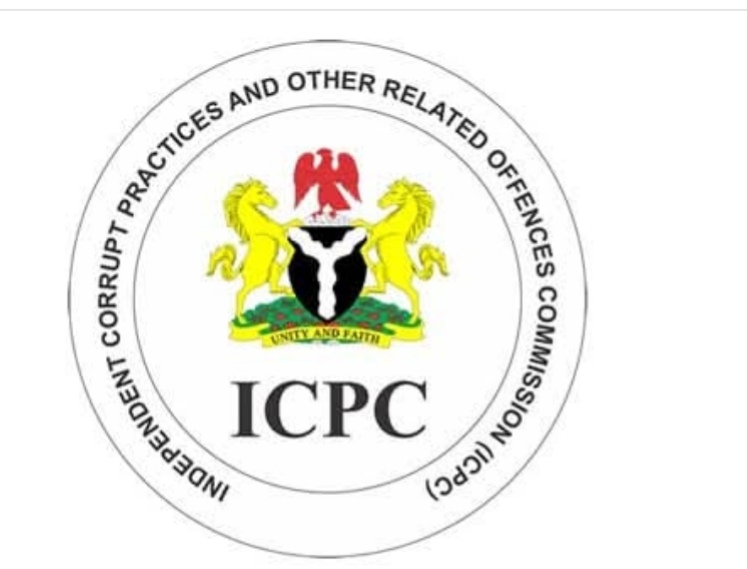The Independent Corrupt Practices and Other Related Offences Commission (ICPC) has arraigned two men, Ibrahim Suleiman Umar and Tijani Adam Goni, before the Federal Capital Territory (FCT) High Court in Abuja for allegedly defrauding job seekers of N4.8 million through a fake employment scheme.
According to a statement issued on Tuesday by ICPC spokesperson, Demola Bakare, the defendants were brought before Justice B.M. Bassi on a five-count charge bordering on conspiracy, obtaining by false pretence, and forgery.
The anti-graft agency revealed that Umar and Goni conspired in June 2021 to obtain money from two victims, identified as Saifdeen Yakub and Aminu Abubakar, by falsely promising to secure them employment at the Central Bank of Nigeria (CBN) and the Federal Inland Revenue Service (FIRS).
Advertisement
READ MORE : Ex-SUBEB Chair, Several Others Abducted As Bandits Attack Niger Communities
According to The PUNCH, the commission stated that the defendants forged appointment letters purportedly issued by the two government agencies, along with a document titled “Final Document List,” which they presented to the victims as genuine.
“When the charges were read, both accused persons pleaded guilty. Justice Bassi subsequently ordered their remand at the Kuje Correctional Centre pending the next hearing, which is scheduled for 29 October 2025,” the statement read.
ICPC further disclosed that a third suspect in the case, identified as Mohammed Mustapha, remains at large, adding that efforts are ongoing to apprehend him.
The commission stated that the offences contravene provisions of the Advance Fee Fraud and Other Related Offences Act, 2006, as well as relevant sections of the Penal Code.
Meanwhile, PUNCH had earlier reported that the ICPC confirmed the arrest and interrogation of Muibi Folawiyo, chairman of Lagos Island East Local Council Development Area, over alleged large-scale corruption.
According to Bakare, Folawiyo is being investigated for allegedly diverting public funds for personal use, misappropriating resources, and bypassing due process in the management of council affairs.








